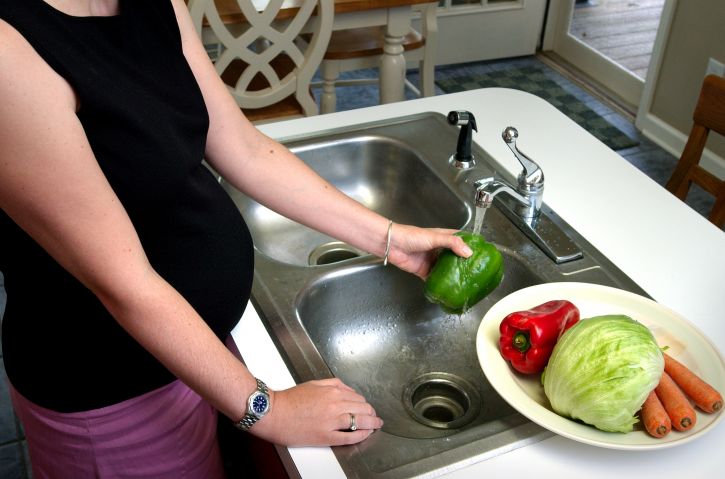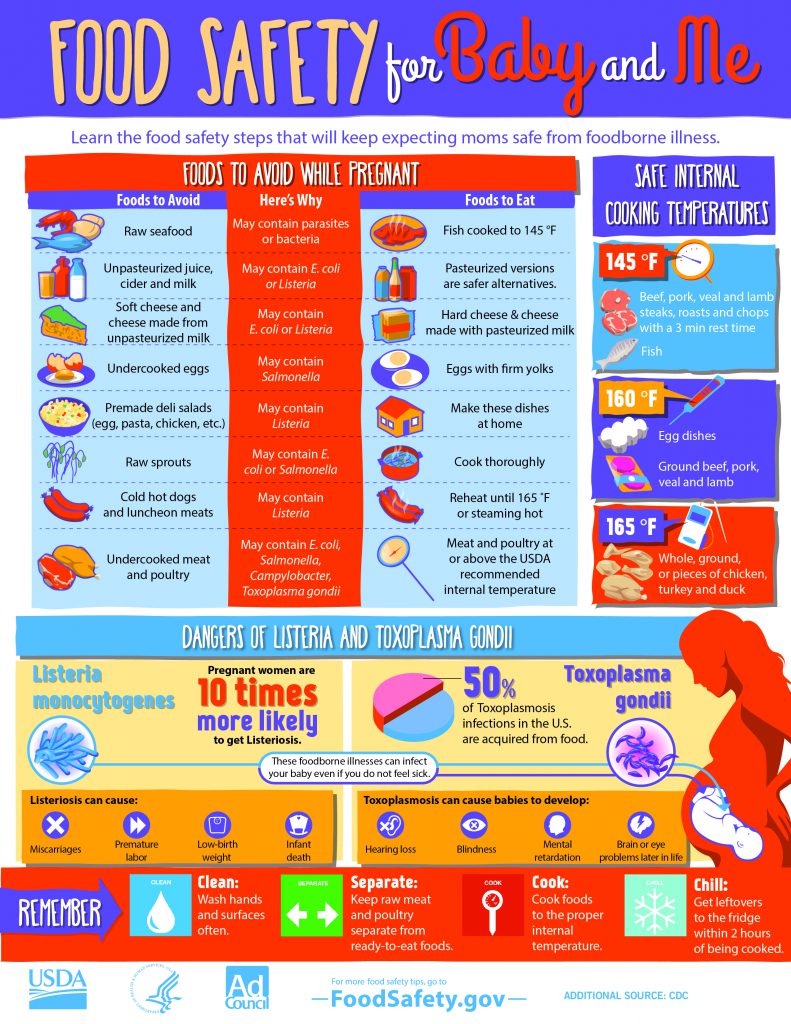As parents we all want the very best for our children. I remember when I learned that I was pregnant. I listened to all the advice from my doctor, my mother, my friends, and people who just randomly offered it. And, sometimes there would even be a segment on the news or a talk show about what you should or should not do during pregnancy. Sometimes one person would tell me one thing and then someone else would say the opposite. It was all very confusing and I wanted to be sure to listen to the right advice because I knew everything I did affected my baby, especially my food choices.

Finding a reliable source of information became very important. The news would often talk about the dangers of certain foods during pregnancy, but the reports always seem to focus on one particular food that had been reported to cause problems. There was no list of specific foods to avoid and no reference to a good source for that information. I began to look for reliable information. Both WIC and Cooperative Extension were very helpful in pointing me to resources that gave me reliable information. There is a really good resource that I want to share with you. You can find it at: http://www.foodsafety.gov/risk/pregnant/
The general guidelines for foods to avoid are listed in a brief overview, but you can also get specifics when you click on the links for each food. For instance, a general guideline is to choose seafood carefully. When you click on the link, it has a list of the specific types of fish that can be a problem. Additionally, this site has an infographic that summarizes the recommendations (see below). If you have access to a printer at home or at a school or library, you can print this out and place it on your refrigerator as an easy reminder. -Lorelei
-Lorelei